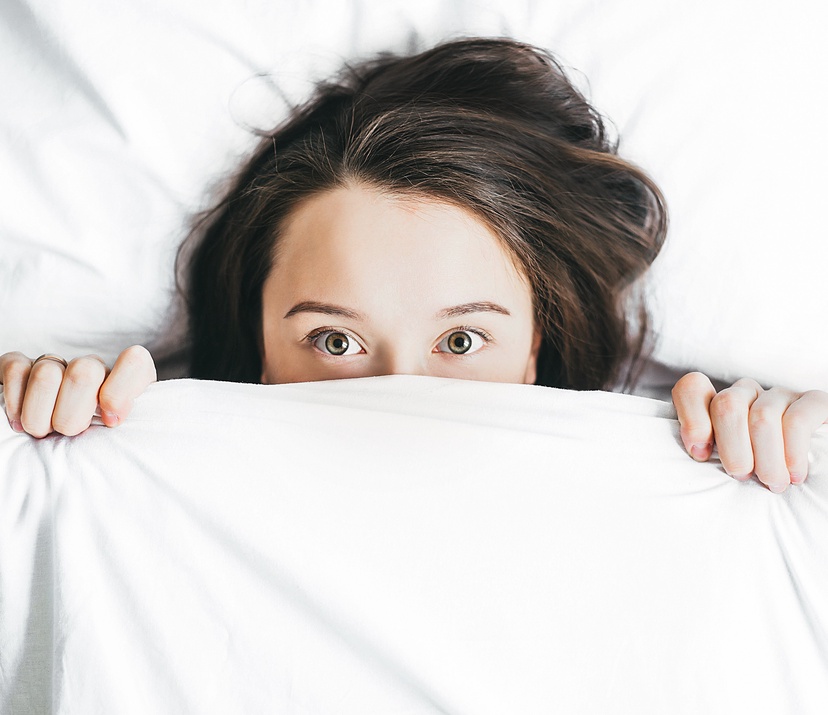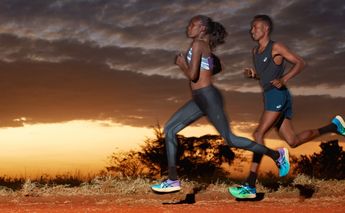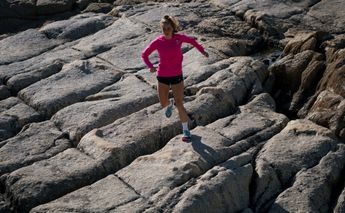For you as a runner, getting enough quality sleep is as vitally important as your training and nutrition. Not getting enough (and proper) shuteye will not only negatively effect your running, but will impair concentration at work and make you downright grumpy.
Here’s how sleeping better can make you a better runner:
1. Sleep can increase your speed
A study from Stanford University revealed that athletes who extended their sleep by several hours consistently for at least 45 days, saw their coordination and their speed improve.
2. Sleep may improve stamina
Or, at the very least your perception of it. A Danish study showed that although athletic performance wasn’t impacted by one night of bad sleep, when people were sleep deprived, their workouts felt longer than they actually were. So for mental toughness, better sleep is a must. A side note here, if you have trouble getting to sleep before race day, don’t stress! (That stress is going to have worse effects than missing out on sleep). Your adrenaline will do wonders to carry you through, and you can catch up on your Z’s after the race. What is more important is the old adage - ‘the night before, the night before’ - aim for a good night’s sleep two nights before race day.
3. Sleep is necessary for recovery
Part of the reason you feel so lousy after a poor night’s sleep has to do with your hormones. Human Growth Hormone (HGH), which plays a major role restoring damaged body tissue, is released into your bloodstream during deep sleep. So skimping on sleep is particularly risky for runners, who rely on HGH to repair the body after taxing workouts.
So, how can you make sure you’re getting enough sleep to recover from your runs?

Most research findings suggest that adults aged between 18 and 64 sleep 7-9 hours a night, while those 65 and up should get around 7-8 hours. Here are a few lesser known tips to get you over 7 hours.
1. Keep your cycles consistent
You’ve heard all about a comfortable, economic mattress and pillow. And you know about a dark room. Now take it to the next level by setting a sleep routine of sorts. Go as far as writing it into your training plan - go to sleep and wake up at a similar time every day. Even on weekends. This ‘plan’ can include daytime naps, but be warned those are ‘dangerous’ too, as they can leave you too awake at night. If you must nap in the day (as many pros do) keep it short (40mins or so) and earlier in the day.
2. Avoid over-the-counter sleep aids
Most over-the-counter and prescription sleep aids can be addictive, ineffective and have various side effects. Rather take a natural sleep aid, such as CBD oil (in drop form). There is a lot of research to suggest that CBD (or cannabidiol) the a non-psychoactive compound derived from the flowers of the hemp plant. Studies show that CBD may increase overall sleep time and and improve sleep in patients suffering from chronic pain.
Examples of the use of cannabis products for medicinal and sleep aid purposes have been found dating back as far as 4000 BC. “It is listed in the earliest Chinese Pharmacopoeia,” explains Tony Budden long time hemp advocate and co-founder of Hemporium. According to Budden there are also archeological studies which show the plant may have been used as anaesthetic in Eastern Europe.
To radically paraphrase the science then, CBD appears to help with sleep because of its anti-anxiety properties, ability relieve pain and reduce stress.
According to Budden, CBD acts on receptors throughout the body known as the endocannabinoid system. This system influences many physiological processes, including the body’s sleep cycles, hormone levels, immune system and pain receptors.
“It is one of over 100 and the one most noted for its health and wellness properties. can be beneficial for rest and recovery,” he says.
Aside from the relaxation benefits (CBD helps regulate cortisol, a stress hormone, which has a significant impact on non-REM sleep cycles) the pain relief properties are especially important for runners. Studies have shown that CBD helps reduce sleeplessness by working on the pain symptoms themselves rather than providing a sedative effect like many sleep-aids. “In addition CBD can also the stiffness and potential muscle damage from a long run effort and plays a role in helping the body repair itself,” Budden says.
3. Don’t read your phone
Blue light fools your body into thinking it should be awake because it is daytime. There are several ways you can reduce blue light exposure in the evening. (Sleeping in a darkened room, you already know about). Smartphones and other digital devices are perhaps the biggest evil of our time in this regard, use 'night mode' or download an App (there are various available for Android and iOS) to block blue light. In addition to the light, try to staying off your phone (and invariably social media) when trying to fall asleep, this will help quieten your mind.
Sweet dreams...
*Featured image: Alexandra Gorn on Unsplash



